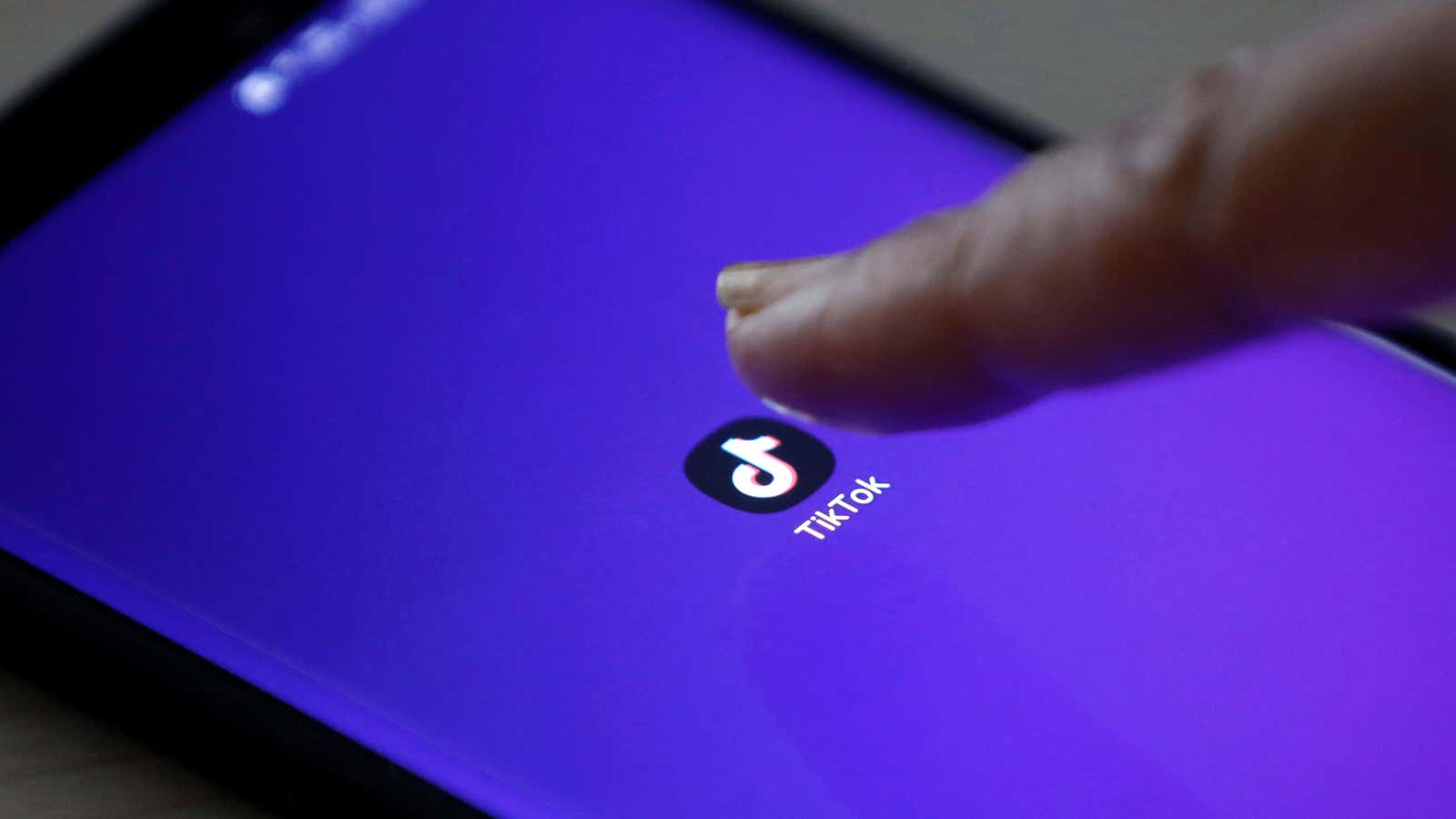After weeks of speculation and legal tussle, India appears to have banned the Chinese video-sharing app TikTok.
One of the most popular mobile apps in the world, TikTok was not available for download in India on Google’s Play Store nor Apple’s App Store since today (April 17) morning.
On April 04, the Madras high court had asked prime minister Narendra Modi’s government to ban the app saying it was encouraging pornography. Earlier this week, India’s supreme court refused to stay the Madras high court’s order imposing a ban on the app.
India is not the first country to take action against the TikTok.
In February, the US federal trade commission (FTC) slapped a fine of $5.7 million (Rs40 crore) on the app to settle allegations of child privacy law violations. The app has been accused of collecting personal data from users under the age of 13 without seeking parental consent. This is the largest civil penalty the FTC has ever collected in a children’s privacy case.
The magnitude of such issues is much bigger in India given that the country is TikTok’s largest market, accounting for almost 40% of the app’s 500 million user base. The current ban, though, does not impact TikTok’s existing users in India.
However, the ban will take a toll on TikTok’s future growth. “If any action is taken it would be a major blow to TikTok’s growth because of the 188 million new users that it gained last quarter, the largest growth came from India, which had 88.6 million new users,” said Anindya Ghose, the Heinz Riehl professor of business at New York University’s Stern School.
Meanwhile, TikTok is hoping to make a come back in the country soon. “We have faith in the Indian judicial system and we are optimistic about an outcome that would be well received by over 120 million monthly active users in India, who continue using TikTok to showcase their creativity and capture moments that matter in their everyday lives,” a statement from ByteDance, which owns the app said.
The supreme court will hear TikTok’s case next on April 22.
Ananya Bhattacharya contributed to this piece.
